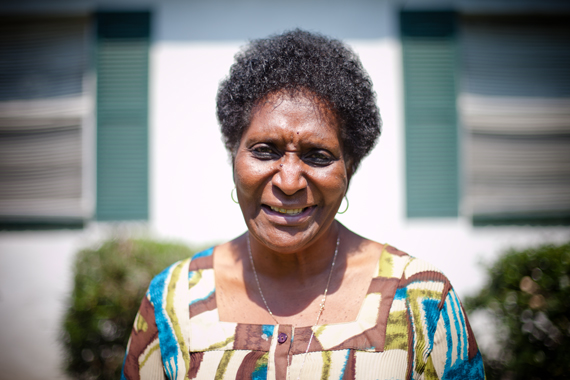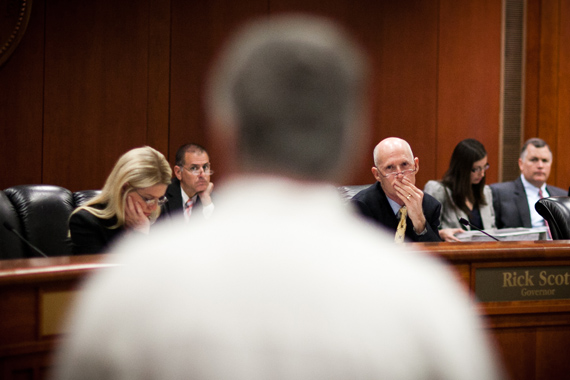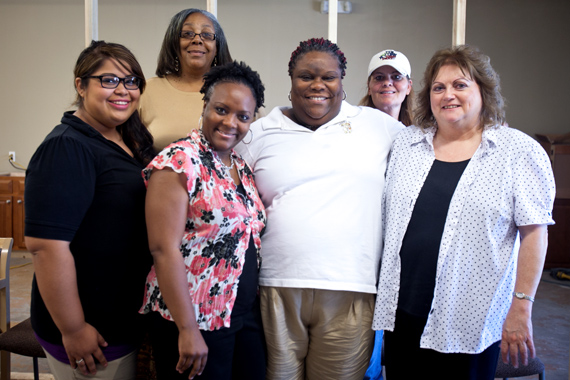We should probably stop calling specific days “big
news days” for voting rights legislation. With legal
challenges to Texas and South Carolina voter ID laws
and Alabama’s Voting Rights Act challenge moving
forward, it’s possible that many days in the weeks
and months to come could be big days for voting
rights.
Today:
- Michigan Republican Gov. Rick Snyder vetoed a
trio of controversial bills – voter registration,
photo ID and citizenship verification.
- South Carolina set a deadline for implementing
a photo voter ID law if it is approved by a federal
appeals court.
- An aide to Iowa Gov. Terry Branstad confirmed
that the governor will not change regulations for
restoring felons’ voting rights.
- And Florida elections officials acknowledged
that they likely will not restart the state’s voter
roll cleanup despite a court ruling on its
legality.
It’s safe to say a few things happened today.
What We’ve Been Reading
“Snyder vetoes voting reform
bills,” (Rick Pluta, 07/03, Michigan
Radio)
“Florida Voter Purge Is Unlikely to
Resume,” (Ari Berman, 07/03, The
Nation)
“Commentary: One citizen, one vote:
Clearing the air on voter ID reforms,” (Ruth
Johnson and Pete Lund, 07/03, Detroit
News)
“The Dog that Voted and Other Election
Fraud Yarns,” (Kevin Drum, 07/03, Mother
Jones)
“Aide: Iowa Governor Will Keep Felon
Voting Policy,” (Associated Press,
07/03)
“Voter ID in Michigan,” (Pew
Center on the States, 07/03, Pew Charitable
Trusts)
“New schedule tightens window to
implement voter ID,” (Meg Kinnard, 07/03,
Associated Press)
Twitter Trends
The most notable Twitter trend today is the buzz
among progressive opponents of voter ID laws. If the
struggle for election reform is a battle, today was a
big win for progressives, as multiple states and
multiple cases were resolved in their favor.
A Mother Jones article
detailing voter fraud allegations — Mickey Mouse
voting, a dog registering to vote — and calling
Republican election reform policy intentional voter
suppression has bounced back and forth on Twitter,
with social media search engine Topsy.com showing
growth in usage of the term “voter suppression.”
The Mother Jones story likely will
get conservative pushback by the end of today, with
talking points and retweetable factoids flying in the
face of gloating partisans on one side of the issue
or the other.
We’ll be the first to tell when the mood shifts.
Be sure to follow us @WhoCanVote.




